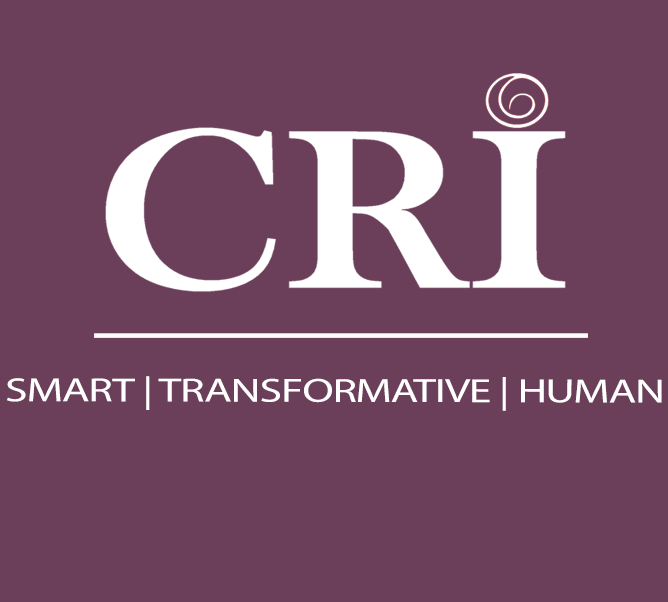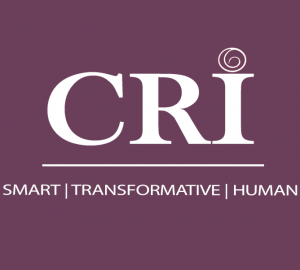Transaction Utility theory was propounded by Thaler to explain that the value derived by a customer from an exchange consists of two drivers: Acquisition Utilities and Transaction utilities. Acquisition utility represents the economic gain or loss from the transaction. Where as transaction utility is associated with purchase or (sale) and represents the pleasure (or displeasure) of the financial deal per se and is a function of the difference between the selling price and the reference price. Choice of a format has been studied from several dimensions including the cost and effort as well as the non- monetary values. However, the studies that present the complete picture and combine the aspects of the tangible as well as intangible values derived out of the shopping process are limited. Most of the studies, all of them from the developed economies, have focussed on the selection of a store. They represent a scenario where formats have stabilised. However, in Indian scenario formats have been found to be influencing the choice of store as well as orientation of the shoppers. Also, retailers are experimenting with alternate format with differing success rates. The author has also not found a study that has applied this theory. It is felt that the Transactional Utility Theory may provide a suitable approach for making format decisions.
Read Full Case Study Below
Related Case Studies
Advisory, Training, Research| Retail & Ecommerce| Healthcare| Infrstructure| Luxury & Lifestyle| Entrepreneurship|





